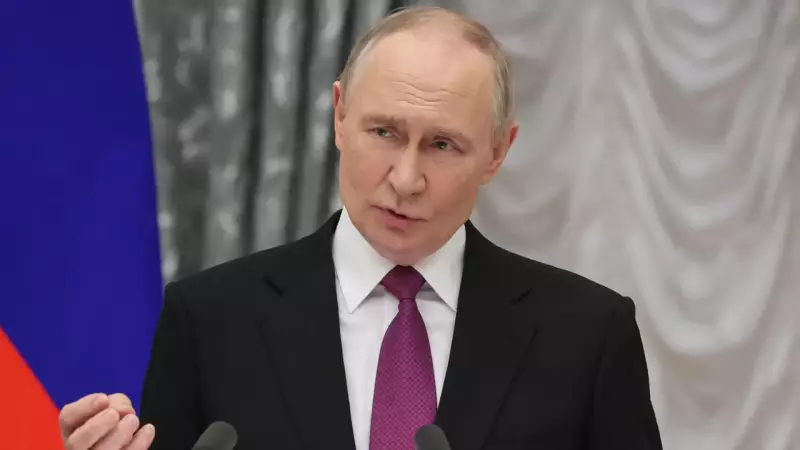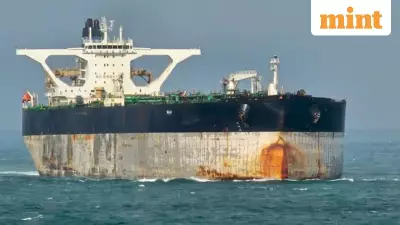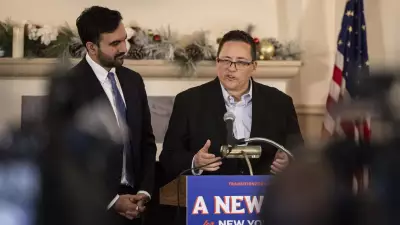
In a move that has sent shockwaves through the international community, Russian President Vladimir Putin has directed his officials to closely examine United States nuclear intentions, signaling a potential return to nuclear weapons testing.
Strategic Analysis of American Nuclear Posture
During a high-level meeting with Russian officials, President Putin emphasized the necessity of understanding Washington's nuclear strategy and capabilities. "We cannot remain idle spectators while the United States continues to develop and modernize its nuclear arsenal," Putin stated, highlighting the growing tensions between the two nuclear superpowers.
Revising Russia's Nuclear Doctrine
The Russian leader revealed that Moscow is actively reviewing its nuclear doctrine to address emerging security challenges. This comprehensive reassessment comes amid escalating geopolitical tensions and concerns about the erosion of existing arms control agreements.
"Our security cannot be compromised," Putin declared, underscoring the seriousness with which Russia views the current strategic landscape. The potential resumption of nuclear testing represents a significant departure from decades of international norms and could trigger a new arms race.
Global Implications and Security Concerns
The announcement has raised alarm bells among international security experts and diplomatic circles. A return to nuclear testing by Russia would:
- Undermine global non-proliferation efforts
- Destabilize existing arms control frameworks
- Potentially trigger similar actions by other nuclear powers
- Increase regional and global security risks
Historical Context and Future Projections
Russia suspended nuclear testing in 1990, followed by the United States in 1992. The potential resumption of such activities marks a concerning regression in international security cooperation. Military analysts suggest this development could represent one of the most significant escalations in nuclear tensions since the Cold War era.
The situation demands careful monitoring as world leaders and international organizations assess the potential consequences of Russia's contemplated actions on global stability and security architecture.





